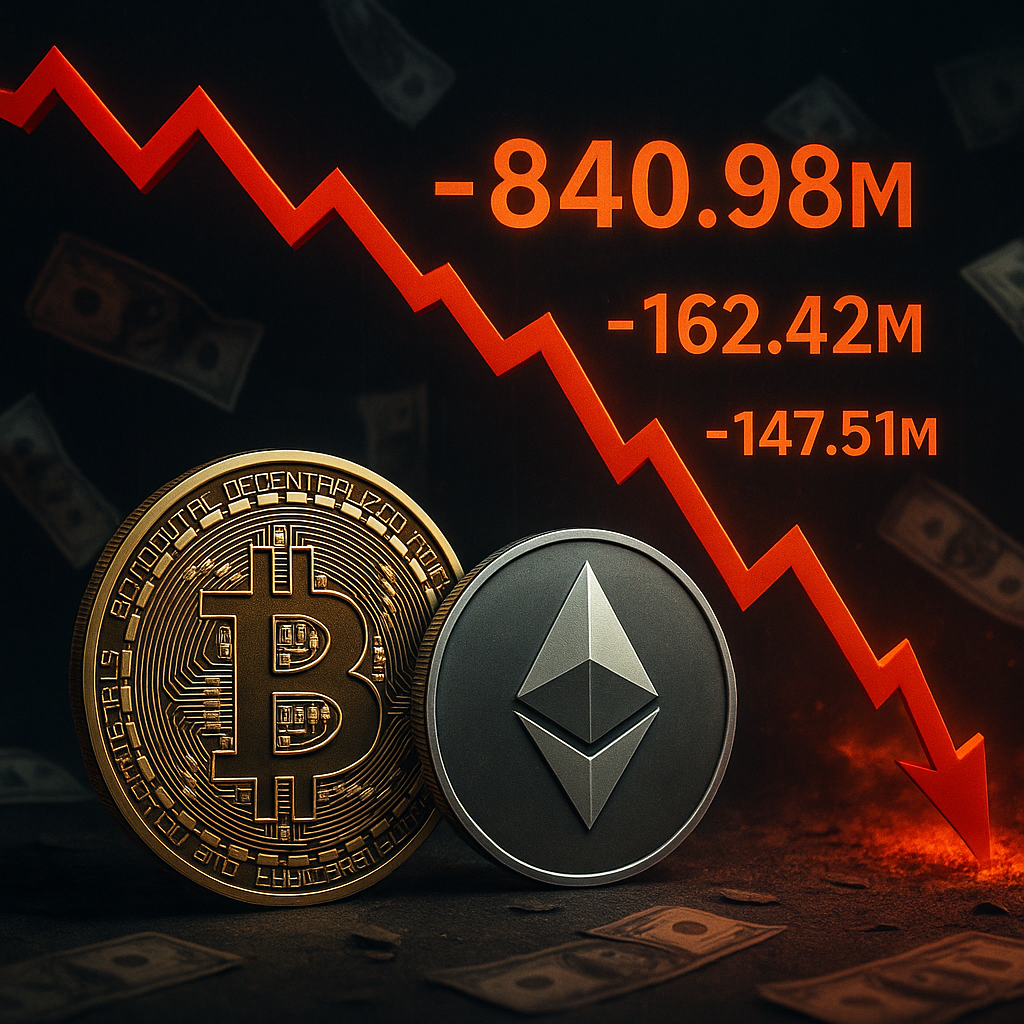In a groundbreaking achievement for decentralized technology, the Filecoin Foundation and aerospace giant Lockheed Martin Space have successfully conducted a data transmission test in Earth’s orbit using a space-adapted version of the InterPlanetary File System (IPFS), according to Marta Belcher, president of the Filecoin Foundation.
During her speech at Consensus 2025 in Toronto, Belcher revealed that both organizations collaborated to optimize the IPFS protocol for space-based applications. As a result, the test marks a significant step forward in bringing Web3 infrastructure beyond Earth’s atmosphere.
Unlike traditional web protocols like HTTP, IPFS identifies data by its content rather than its location, thereby enhancing privacy, resilience, and efficiency. “This architecture is inherently well-suited for space environments,” Belcher explained, “as it reduces latency, mitigates radiation-related data corruption, and allows for cryptographic verification to ensure data integrity.”
The Filecoin Foundation, a nonprofit steward of the decentralized storage network powered by Filecoin (FIL), is pioneering efforts to advance distributed systems. Meanwhile, Lockheed Martin, known globally for its aerospace innovations, joins the initiative to explore how decentralized tech can benefit space communications and beyond.
Why Decentralized Storage Could Be Critical for Space and Media: Filecoin Foundation’s Vision
Marta Belcher, president of the Filecoin Foundation, further highlighted the transformative potential of decentralized storage during her address at Consensus 2025, particularly in environments like space where connectivity is limited.
- Trade smarter today with a trusted New Zealand cryptocurrency exchange built for Kiwis.
“There’s a significant communication lag: several seconds from the Moon and several minutes from Mars,” Belcher noted. “With IPFS, instead of relying on a specific server, you fetch data using a content-based identifier from the closest available source, whether it’s your local device, an orbiting satellite, or a lunar outpost.”
Importantly, the InterPlanetary File System (IPFS) uses a decentralized framework to store redundant copies of data across a globally distributed network. This eliminates the bottlenecks associated with centralized data centers and enhances data availability in high-risk environments such as outer space, where hardware deterioration is a real concern.
“These redundancies ensure that critical data, like satellite imagery, remains accessible and uncompromised even when individual systems fail,” Belcher explained.
Beyond space applications, interest in decentralized archival storage is surging across various sectors. Media companies are beginning to explore IPFS for long-term digital preservation, and the Foundation is also examining military-grade use cases.
“It’s a game-changer,” Belcher added. “Media organizations can maintain deep, distributed archives and instantly access critical records from any location worldwide.”
The Filecoin ecosystem operates on its native utility token, FIL, which facilitates decentralized storage transactions. As of May 16, FIL was trading at $2.88, with a market cap nearing $1.8 billion.






